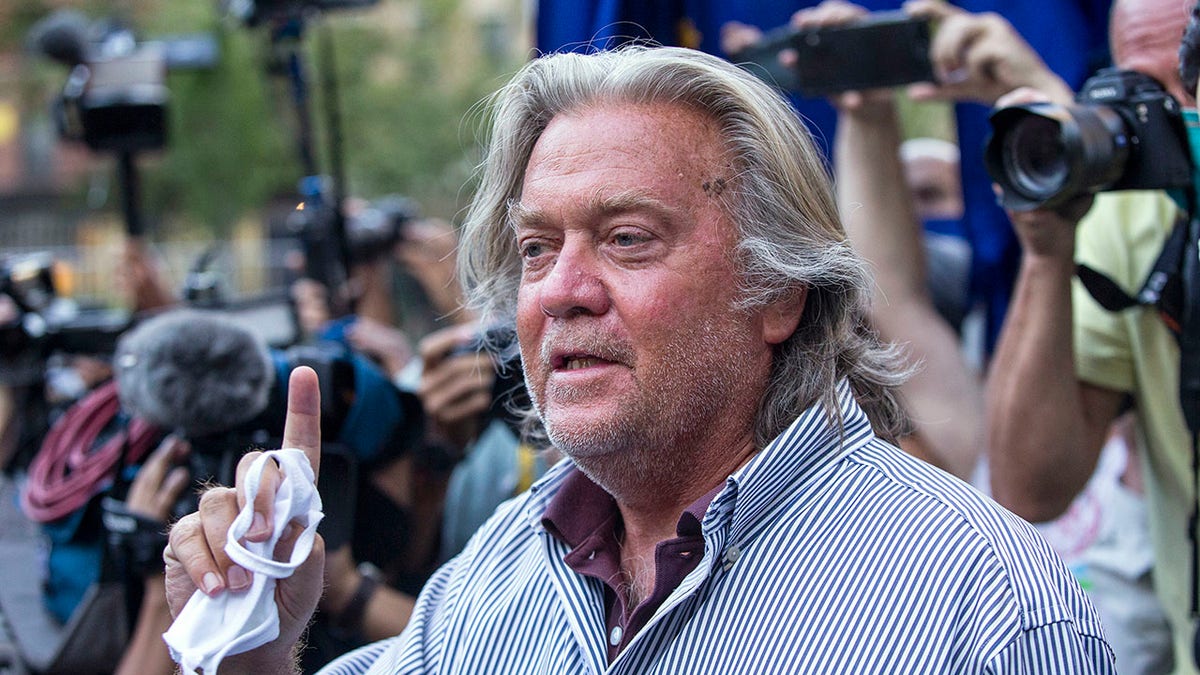Fox News Flash top headlines for February 9
Fox News Flash top headlines are here. Check out what's clicking on Foxnews.com.
Democratic members of Congress pushing to limit the presidential pardon power called experts to give historical and legal perspectives on such action, with one historian suggesting that "we must make it more difficult to use or dangle a pardon to cover up a crime by the president or his friends" on Tuesday.
"Although I am not here as a proponent of any particular fix, the history of controversial presidential pardons suggests to me that we must make it more difficult to use or dangle a pardon to cover up a crime by the president or his friends or associates, that we should remove the temptation to reward political allies, especially at the end of a term when public sanctions are at their weakest, and that we must also eliminate the temptation of the self-pardon," historian and New York University professor Timothy Naftali told lawmakers during a Tuesday hearing.
JONATHAN TURLEY: TRUMP'S FINAL LIST OF PARDONS – THE GOOD, THE BAD AND THE UGLY
Rep. Steve Cohen, D-Tenn., re-introduced in January a constitutional amendment that would limit the president's ability to pardon himself, his family and his officials. Cohen is chair of the House Judiciary Subcommittee on the Constitution, Civil Rights, and Civil Liberties, which held Tuesday's hearing on presidential clemency power.
Cohen connected his push for a limit on pardon power to former President Donald Trump, claiming that Trump had "shamelessly and corruptly shielded himself from the consequences of his own and others’ misconduct."
"This constitutional amendment would limit the President's pardon power to grant a pardon or clemency to himself, his family, his administration officials, or his campaign advisors," Cohen said in a statement. "It would also prevent pardons for conduct undertaken for a direct and significant personal benefit of the President, the President's family, or Administration officials, and for crimes committed in cooperation with the President. Finally, it ensures that pardons issued for a corrupt purpose are invalid."
TRUMP PARDONS STEVE BANNON, LIL WAYNE, DOZENS OF OTHERS; ALSO COMMUTES SENTENCES
Trump issued 73 pardons and 70 sentence commutations in January as he prepared to leave office; recipients included former White House adviser Steve Bannon, former Detroit Mayor Kwame Kilpatrick and rappers Lil Wayne and Kodak Black.
During Tuesday's hearing, Naftali referenced former presidents including Richard Nixon and Bill Clinton.

In this Aug. 20, 2020, file photo, President Donald Trump's former chief strategist, Steve Bannon, speaks with reporters in New York after pleading not guilty to charges that he ripped off donors to an online fundraising scheme to build a southern border wall. (AP Photo/Eduardo Munoz Alvarez, File)
"The question we need, as Americans, to think about is whether the Nixon team were an aberration. Were they the only corrupt people to be in the White House?" Naftali said. "I don't think so. ... There's enough evidence for corrective action without even talking about [Trump]."
"There's enough historical data that the system wasn't working beforehand, and now the outrage of those worried about the Trump era should combine with the continuing era of people worrying about the Clinton era," continued Naftali, who referenced Clinton's pardon of financier Marc Rich. "The founders made a few mistakes."
On the other side of the argument, Josh Blackman, a constitutional law professor at the South Texas College of Law Houston, said he opposed Cohen's constitutional amendment.
Blackman said that pardons are not necessarily about individuals — presidents can use pardons to "advance broader public policies." He cited examples like George Washington pardoning participants in the Whiskey Rebellion and Thomas Jefferson pardoning individuals convicted under the Sedition Act.
"The President should be able to make important decisions with vigor, independence, and dispatch," Blackman said. "The President should have the greatest latitude to issue pardons, precisely because the President should have the greatest latitude to pursue what he sees as the common good. Limiting the President's power to issue pardons will limit the President's power to promote what Hamilton referred to as 'the tranquility of the commonwealth.'"
CLICK HERE TO GET THE FOX NEWS APP
Cosponsors of Cohen's joint resolution to pass a constitutional amendment limiting presidential pardon power include Rep. Hank Johnson, D-Ga., Rep. David Cicilline, D-R.I., and Rep. Pramila Jayapal, D-Wash.
Fox News' Brie Stimson and Sam Dorman contributed to this report.












































